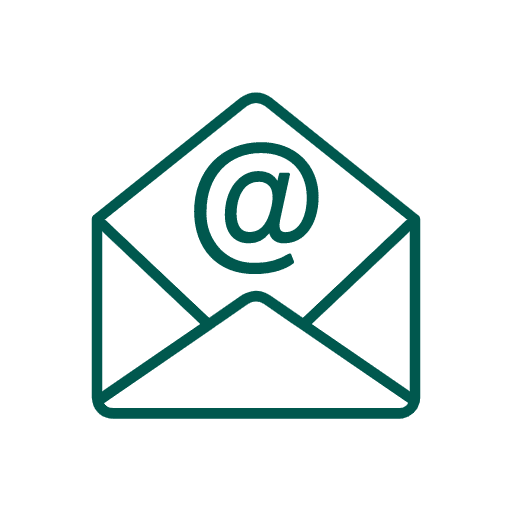
In 2025, the Levin Center conducted a study of all 50 states to examine how legislatures ensure government programs work effectively for citizens. Factors such as legislative oversight committees, routine engagement with executive agencies, collection of casework data, digital transparency tools, and user-centered policy evaluation were of particular importance. The full report can be found here.
State Summary #
The state of Utah has several committees and subcommittees solely dedicated to oversight in its legislature that appear to be finding ways to receive public input through testimony in their oversight hearings, despite not having any direct solicitations for it online. Several instances of direct user testimony were evident in their public hearings. The Rules Review and General Oversight Committee, for example, had public testimony in several agendas we reviewed.
Part of the reason Utah oversight committees have an engaged constituency when it comes to participating in legislative hearings could be the ease with which relevant and up-to-date information can be obtained by the public. Minutes from meetings are available in a user-friendly format in which transcripts are timestamped and synced to recordings. Furthermore, each oversight committee had several public reports and audits attached to the meeting materials links. Within these reports was more evidence of public input being garnered through public surveys sent out to solicit input on relevant topics.
Utah makes data from across state government available online through dedicated websites, though the data consists of many raw datasets that do not necessarily speak to citizen experience or state government performance. Additionally, the House has a short podcast called House Rules: Politics and Policy in Utah, that regular features legislators discussing bills under consideration, or the Legislative Auditor General breaking down the results of audits in an easily digestible way.




